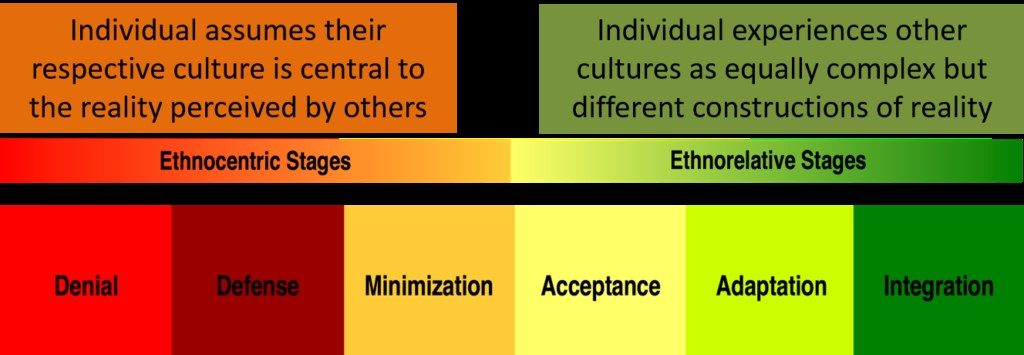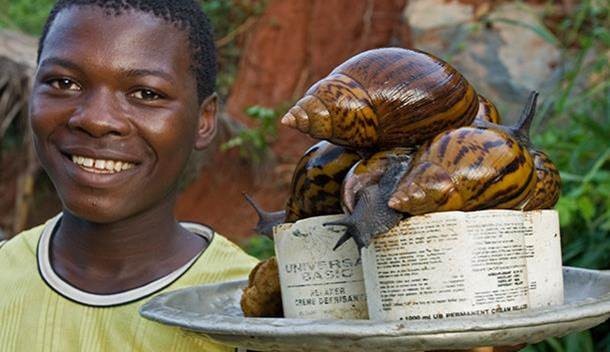
The Cultural Lens
The term, ‘Cultural Lens’, can conjure up entertaining mental images, particularly when we realise that everyone has their own, deeply implanted, culture; so deep we aren’t even aware we have it most of the time.
I recently read the article “The cultural assumptions behind Western Medicine” (The Conversation, 2013) by Deborah Upton, it got me thinking again about the importance of recognising our own world views, perceptions, beliefs and values when we work cross culturally.
Culture is integral to all of us and given the cultural diversity of WA’s population, it is likely that we are going to work with people from different cultures to our own. Whether they be work colleagues, patients or clients. It is also likely that we will be challenged from time to time by cultural differences between ourselves and those who cross our path. Such challenges can be day to day things like food stuffs, to other, more significant matters like patient’s spiritual beliefs or thoughts around medical treatment.
When those challenges occur, it is important to realise that we all view the world, its people and cosmologies through our own cultural lens. Our beliefs and values etc. shape our world view and it is critical to remember at such times that there are many other ways of thinking, doing and being than our own. This does not make anyone wrong or right. It just means while working we need to remember to check our cultural lens from time to time and to view things in a cultural context.
Bananas and Snails
My own cultural lens tells me eating banana sandwiches is perfectly normal. I have eaten them since I was small, as has my family. On my first visit to Nigeria in 1994 I found my niece felt sick at mere sight of me eating a banana sandwich (as an aside, they have the best ever bananas in Nigeria!), even the very thought of a banana sandwich made her queasy…in Nigeria it is NOT ‘normal’ to eat banana sandwiches. It is ‘normal’ however to eat large snails; these are huge and I have held some that weigh at least 500g. They are cooked in stews and eaten with great relish. I have tried them and can’t say they are my favourite food, I suspect this is because I didn’t grow up eating giant African snails.
I have used this example to demonstrate how ‘normal’ varies from one culture to another; we cannot assume we share the same ‘normal’. Working cross culturally means this is an important factor to keep in mind and that we need to keep checking our cultural lens to see what is informing us.

Diagram Source: https://blog.culturaldetective.com/tag/milton-bennett/
Louise Ford | Consumer and Community Engagement Manager | Health Consumers’ Council
Do you want to find out more?
If you would like to know more about working and engaging cross culturally you can register for HCC’s workshops and Diversity Dialogue’s Forums. These can provide the foundation stones for you to build on, they are also great opportunities for networking and have received excellent feedback from past attendees. Nursing staff can also claim PD points for attending. Click here for information on Health Consumers’ Council upcoming events including workshop sessions for both health service professionals and health consumers.
Main Image Source: WildRoot






